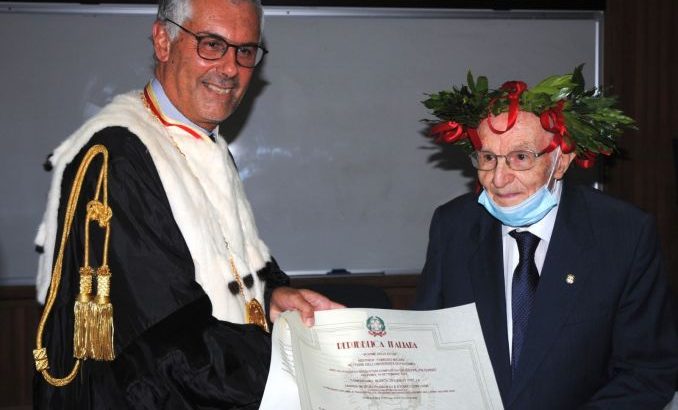It is none of my business whether Catholic friends and neighbours attend weekly Mass or not. After all, I spent formative years in France where I was told by a Catholic father of seven children that he only attended Mass occasionally, saying: “Je suis Catholique, mais je ne suis pas fanatique!” This French paterfamilias evidently thought it the sign of a “fanatic” to attend Mass every Sunday! (Although he sent his children to Sunday Mass.)
We are enjoined to attend Mass on Sundays, but people must abide by their own consciences, and it’s certainly not for others to judge.
Yet a congregation is a coming-together of the Faithful, and if some disappear from the congregation, and they are folk you like to see, you may miss them.
Lockdown
It so happened that over the past 10 days I’ve run into two people who regularly attended our local parish church in the days before lockdown. I like them both and used to enjoy a chat after the weekend Mass, but neither of them has reappeared since the church re-opened last month.
Quite independently, both individuals – one a woman, one a man – said the same thing: “I keep meaning to go back to Mass, but during lockdown, I just feel I’ve got out of the habit.”
No, neither of them is fearful of the pandemic effect – both are robust characters who know that if you behave sensibly and follow the guidelines, there is no problem in resuming a fairly normal life. But they’ve grown accustomed to a different shape of weekend activity now, and Mass has somehow dropped off the schedule.
As I say, their decision is none of my business, but it did set me thinking about the role of habit in our lives, including in our spiritual lives. Sometimes habit has been disdained as ‘going through the motions’, or even ‘empty ritual’; some think you should only do something because you really and truly mean it, and are fully committed to it. But as a professional writer and journalist, I have learned, after long working practice over five decades, that the discipline of writing depends on the habit of sitting down to write.
I wonder if there is a parallel with actually going to church, physically, every week: maintain the habit”
This was a lesson laid down by the great novelist Anthony Trollope, who said that the most important principle for a writer is to develop the habit of writing every day, whether you feel like it or not. His motto was: “No day without a line.”
Trollope could be almost mechanistic about this – counting the words he had committed to paper, even when he felt no inspiration whatsoever. But he had maintained his habit, and through the habit of writing, novels – which have since become classics – were formed.
I wonder if there is a parallel with actually going to church, physically, every week: maintain the habit, even if you don’t always feel the glow of Faith.
Elsewhere, my friend Melanie McDonagh, an Irish writer working in London, has suggested something interesting about the Greeks: they are significantly ahead of other European nations in rating God as important in their lives. The Greeks, she points out, adhere to practice – not just thinking and believing.
They support the practice of fasting and feasting, observing saints’ days and holy days, of venerating street shrines and holy pictures. It’s the practice that maintains the focus of Faith.
Indeed so.
Che bello! A graduate at a sprightly 96!
I am lost in admiration for Giuseppe Paterno, the 96-year-old Sicilian former railway worker who has recently become Italy’s oldest graduate. He never got the chance to be a student when he was young, so three years ago he decided to become one at the University of Palermo. He has just been awarded his degree in history and philosophy.
It’s nothing short of inspiring, and I’m tempted to emulate this excellent veteran – being 20 years his junior!
My problem with academic life is that I am too disputatious. When I attended university sessions in middle life, I was too inclined to argue with the profs, who were almost all emphatically left-wing – by middle age I’d grown out of cultural Marxism. From what I read, they’re even worse now, and anyone with conservative views – or, indeed, religious values – is obliged to keep such opinions strictly private (according to a British survey, just published by the think-tank Policy Exchange). People can be fired or cancelled if their views are not aligned with the ‘woke’ version of politics and society.
Perhaps the solution is to attend university in Sicily! I am sure Italian uni life is entirely tolerant, and now that Mr Paterno has made them so proud, is especially favourable to senior-age students.
Short and succinct
There will be so much to remember from John Hume’s life and leadership. But let us especially remember these abiding words of his: “The taking of human life is the greatest injustice of all.”


 Mary Kenny
Mary Kenny
